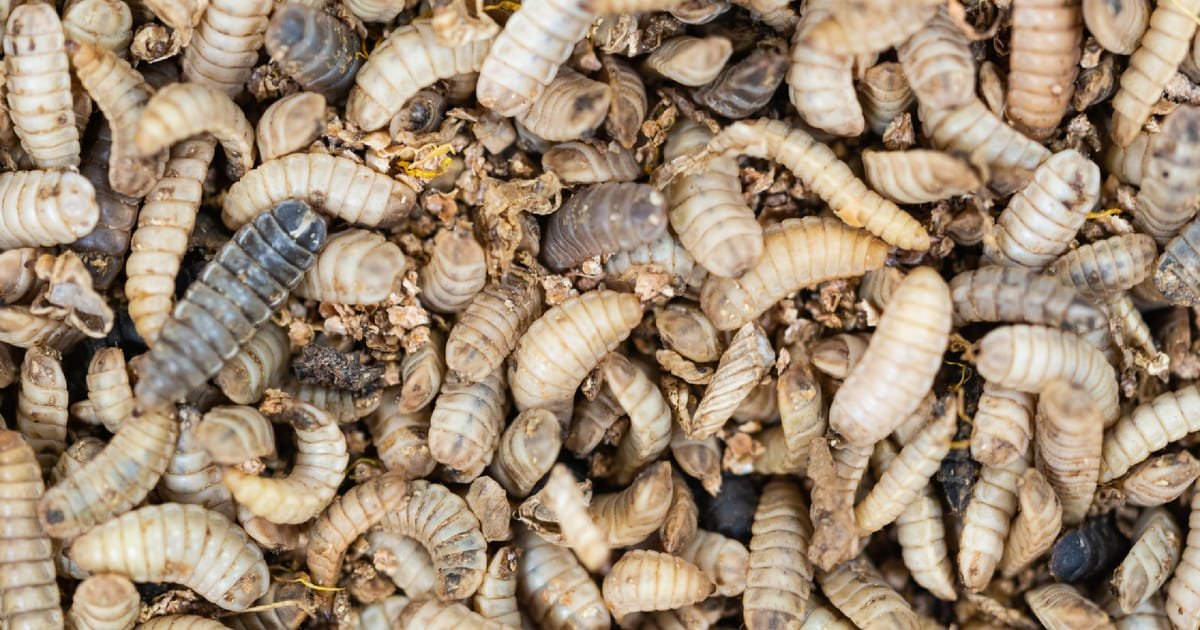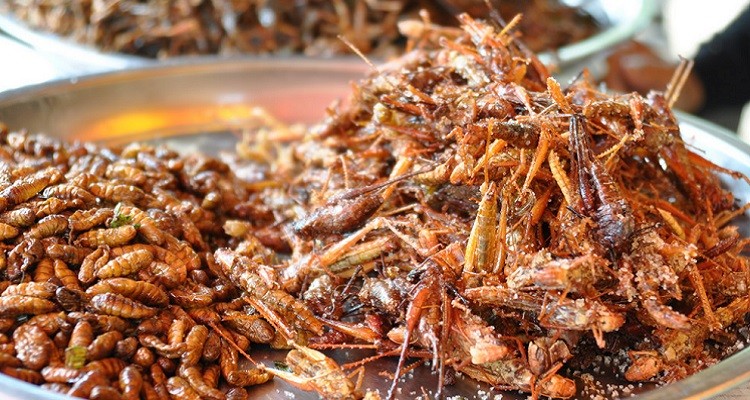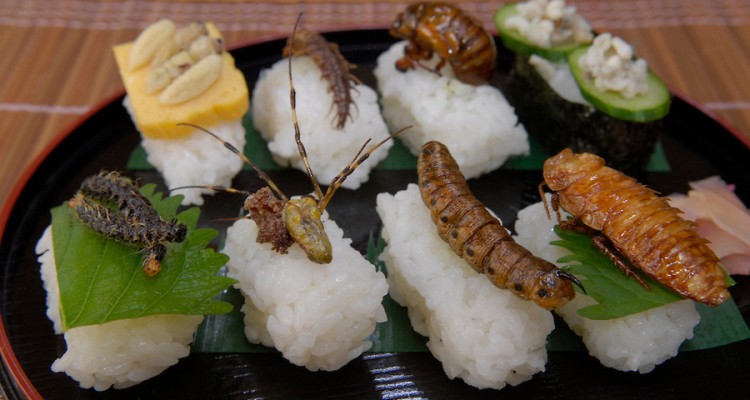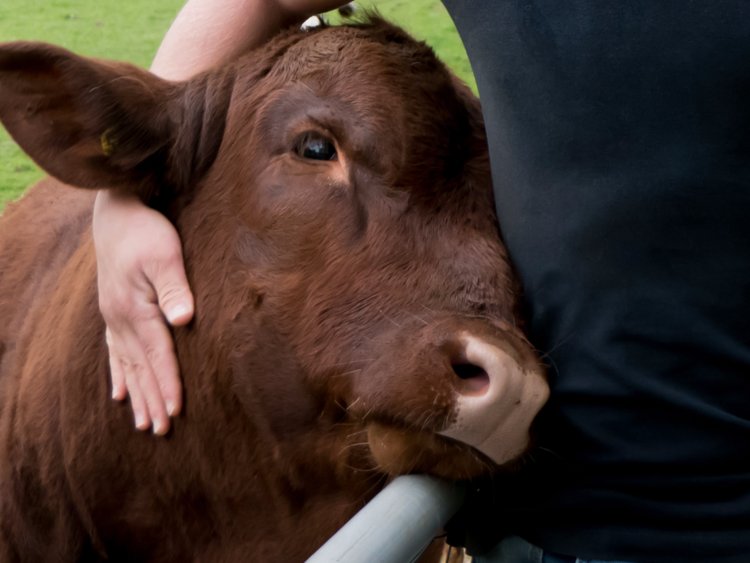Watch the video to find out why bugs will be our protein source in the future.
Video credit: The Economist
Insects could be our major protein source in the future.
Scientists from the University of Queensland are exploring new sources of protein so as to address the growing food shortfall as well as the harmful impacts of cultivating livestock.
A team of researchers suggested that locusts, maggots, and other similar insects can be used to develop an array of protein-rich ‘specialty’ foods.
University of Queensland Meat Science Professor Dr. Louwrens Hoffman said: ‘An overpopulated world is going to struggle to find enough protein unless people are willing to open their minds, and stomachs, to a much broader notion of food.’
‘Would you eat a commercial sausage made from maggots? What about other insect larvae and even whole insects like locusts?’ Hoffman added.
‘The biggest potential for sustainable protein production lies with insects and new plant sources.’
Scientists know that people won’t simply eat bugs or foods prepared from them, so the team has been trying to incorporate protein-rich bugs into certain products as a supplement.
Such food products include insect ice cream as well as black soldier fly infested chicken products, that can potentially alleviate the effects of chicken consumption around the globe.
‘Poultry is a massive industry worldwide and the industry is under pressure to find alternative proteins that are more sustainable, ethical and green than the grain crops currently being used,’ Hoffman said.
As the human population grows, our food supply faces a severe strain. Besides that, the cultivation of livestock for acquiring meat has a drastic environmental impact.
According to climatologists, the cattle industry is one of the main contributors to climate change through a plethora of indirect factors.
For instance, cow’s burps and flatulence are a major source of methane gas, the second most important greenhouse gas after CO2.
One cow on average releases 30-50 gallons of methane gas in just one single day. If it seems nothing to you, consider multiplying the figure by 1.5 billion total cow population on Earth.
Another reason behind the concerns of climatologists is that a large number of resources gets wasted while taking care of livestock.
For instance, a 2015 report from Stanford University found that more than 1,800 gallons of water are required to create just one pound of beef.
That’s why researchers are trying to present insects as a viable alternative to protein obtained from animals.
‘It’s all pretty logical if you think about it,’ Hoffman said of the proposition.
Recommended Video!
“Warning: Don’t Eat Raw Chicken if You Don’t Want to Food Poison Yourself”





